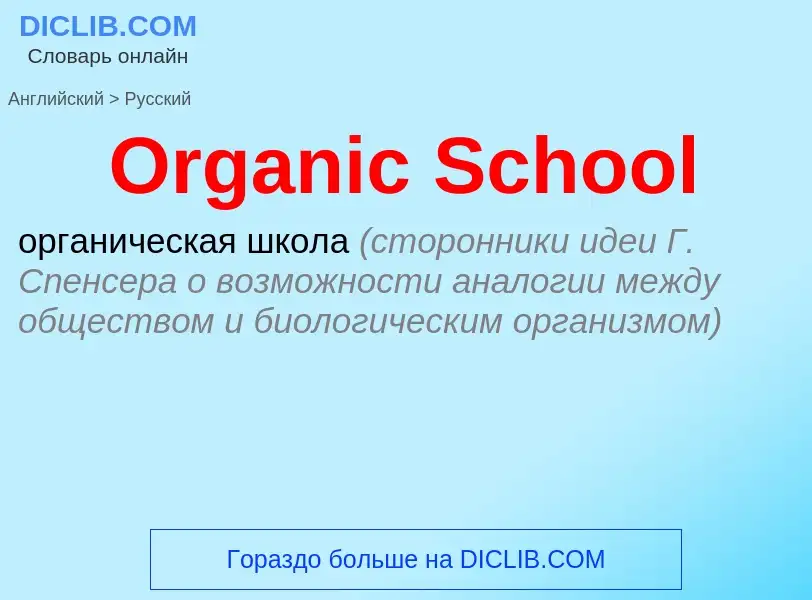Traducción y análisis de palabras por inteligencia artificial ChatGPT
En esta página puede obtener un análisis detallado de una palabra o frase, producido utilizando la mejor tecnología de inteligencia artificial hasta la fecha:
- cómo se usa la palabra
- frecuencia de uso
- se utiliza con más frecuencia en el habla oral o escrita
- opciones de traducción
- ejemplos de uso (varias frases con traducción)
- etimología
Organic School - traducción al ruso
медицина
органическое вещество
Definición
Wikipedia

Organic wine is wine made from grapes grown in accordance with the principles of organic farming, which excludes the use of artificial chemical fertilizers, pesticides, fungicides, and herbicides.
The consumption of organic wine grew at a rate of 3.7 percent over the year ending September 19, 2009, outpacing growth in the consumption of non-organic wine, which grew 2% during a similar period. There are an estimated 1,500–2,000 organic wine producers globally, including negociant labels, with more than 885 organic domains in France alone.
The legal definition of organic wine varies from country to country. The primary difference in how organic wine is defined relates to the use (or non-use) of preservatives, specifically sulfur (sulfur dioxide, sulfites, SO2), during the winemaking process.
In the US, no additional sulfites may be added to any organic product, including wine. In the EU, added sulfites are allowed in organic wine and determined by the kind of wine. Most other wine-producing countries do not have their own standards for organic wine and observe the standards of the nation importing the wine.
Another difference in the standards between the US and Europe is the additional label "Made with Organic Grapes." This label can be used in the US if the grapes used to make the wine are 100% certified organic, but the wine has added sulfites (up to 100 parts per million) or uses non-native yeasts. Europe does not have a comparable label.


